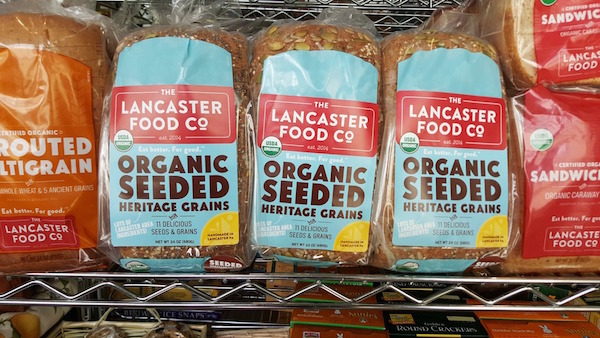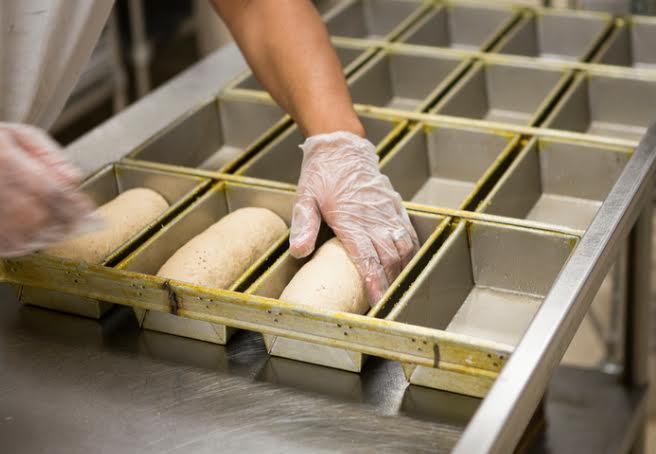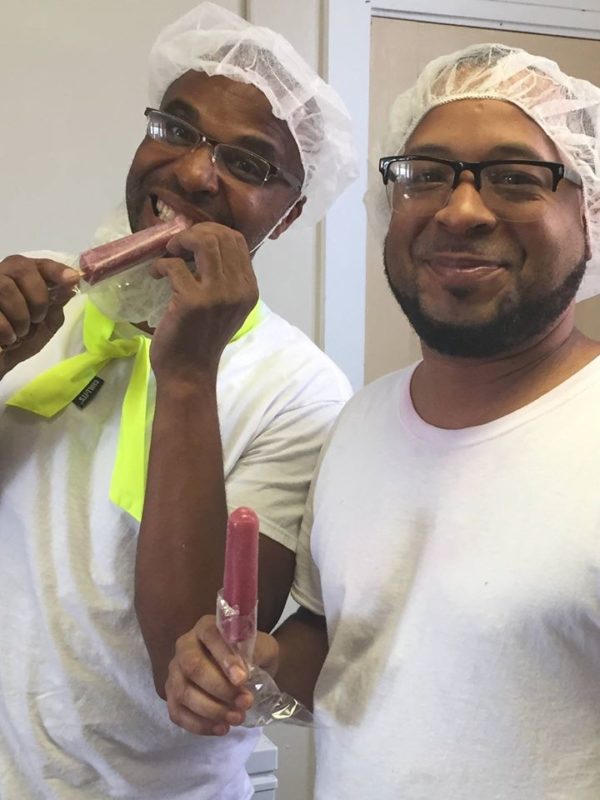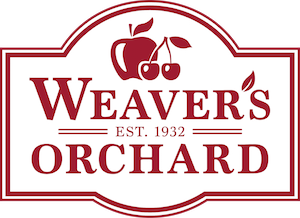“How we spend our days is, of course, how we spend our lives,” says the writer Annie Dillard.
And, since it’s back-to-school time, many parents are spending portions of their days making sandwiches. Whether peanut butter and jelly, egg salad, turkey and cheese or even Brie and pear, sandwiches become the stuff of life.

It’s this small but incremental stuff of life—making sandwiches, slicing apples, ironing clothes— that is so mundane it happens without our full attention, leave us space in our brains to apply ourselves to more important matters like the note tucked into the lunch box or the “how was your day” conversations when the kids get home.
But giving thought to sandwiches is important, beyond just the determination not to lose any moments of our lives. A lot of sandwiches can add up to a lot of nutrition, or a whole lot of junk—a lot of healthy whole grains, or a whole lot of high fructose corn syrup and preservatives.
“‘Traditional’ sandwich bread isn’t very traditional anymore!” says Craig Lauer, co-founder and Chief Product Officer at The Lancaster Food Company. “Most commercial breads are unfortunately filled with truly nasty stuff we’re all better off avoiding.”
He lists ingredients found in many store-bought sandwich breads:
- High Fructose Corn Syrup (which has been linked to obesity)
- Calcium propionate (which can permanently damage the stomach liningand cause irritability and restlessness in children)
- Mono- and diglycerides (which are sources of artery-clogging trans fats)
So what’s the alternative? You could bake your own bread. Or you could buy high-end artisan bread (although it has an extremely short shelf life). But not many bakeries have taken up the challenge of applying high levels of quality to everyday sandwich breads.
A Quest for Everyday Nutrition
The Lancaster Food Company, co-founded by longtime friends Craig Lauer and Charlie Crystle, has responded to this need for healthy, everyday choices that add up to a healthier life.
“Our bread is nutritious and filled with stuff I’m so proud to give to my kid and have our customers enjoy,” says Craig.
When Craig and Charlie started the company, they knew they wanted to use organic ingredients and time-honored processes. Using anything less “was never an option,” says Craig.
But even organic wasn’t enough. They wanted local organic ingredients. “We specifically looked for opportunities to use as many local ingredients as possible,” says Craig, “so we could support local organic farmers right here in the Lancaster region: things like organic apple cider, organic maple syrup, and organic spelt and other grains.”
Still, organic and local wasn’t quite enough. As Craig and Charlie and their team relentlessly pursued quality, the final combination of ingredients needed to taste amazing and stay fresh for as long as possible.
“We tried hundreds of variations to come up with our final recipes, evaluating each batch based on flavor and texture and shelf life,” says Craig. In the end, he was delighted that they could use all natural ingredients and old-world techniques to make bread with a longer shelf life than most organic breads.
Though getting the right texture, flavor and shelf life took some trial and error before the loaves were ready to hit the shelves, Craig was not surprised that this healthy bread tasted so good. “The funny thing is,” he says, “when you make something with excellent ingredients using a solid technique, the final product usually tastes great. This is true of meals at home and it’s true of our products.”

A Vision for Socially Responsible Hiring and Happier Employees
You might think that once The Lancaster Food Company team had decided to use organic ingredients from local farmers and fill an unmet need for healthy sandwich bread, they would have been content, having already fulfilled an honorable mission that would enrich customers’ everyday lives.
But their mission was even more complex, sprouting from conversations Charlie and Craig had been having for many years.
Throughout their friendship, they found themselves returning to discussions of “poverty, lack of employment opportunities for people who need and deserve them, jobs being off-shored, the lack of livable wage jobs, the food industry, and local agriculture,” says Craig. These were the central issues The Lancaster Food Company could address.
So, in addition to supporting local agriculture, they also committed to recruiting people in their community who were living in poverty, who had non-traditional education or employment histories, or who faced other barriers to employment, like those who return from the criminal justice system and often find themselves immediately excluded from most job opportunities.
“We have given hope to several people who would have otherwise not been hired into full-time jobs,” says Polly Lauer, Chief Operating Officer of The Lancaster Food Company, former executive director of multiple nonprofits, and wife of Craig Lauer. “This has allowed many to begin to repair relationships with family and children as well as start to help support them financially…. We have heard many times that this was the first time anyone believed in them.”
At The Lancaster Food Company, employees who begin without prior experience receive a $15/hour starting wage. “Along with that,” says Polly, “they get health benefits with a nominal employee contribution.”
This investment in their employees in turn inspires employees’ commitment to the job. Each employee “gives 150 percent” says Lauren Hertz, The Lancaster Food Company’s first hire. Employees realize that the company’s growth means further employment opportunities for others in their community, she says, and not just any work, but meaningful work that improves the quality of their lives.

“Charlie, Craig and Polly are all so focused on employees being happy,” says Lauren, noting that their commitment to families means that they willingly give her time off to care for her kid if he’s sick, or to attend events at his school.
Soon, employees’ feeling of sharing in the company’s success will turn into literal shares: the company is “in the process of putting in place an employee ownership program that will allow all employees to benefit from the success of the company and their work,” says Polly.
Slapping together a sandwich is probably one of the most ordinary tasks you can imagine. We’ve probably all lost count of how many sandwiches we’ve made or eaten this year. But the very fact that this task is mundane means it matters. Mundane tasks make the world run. And sometimes the world can run a little better with more attention to how those mundane tasks are completed—when the simple task of baking bread shows attention to where the ingredients come from, and when the people who carry out the work are filled with hope.
Find Lancaster Food Company’s bread here in our farm market!
